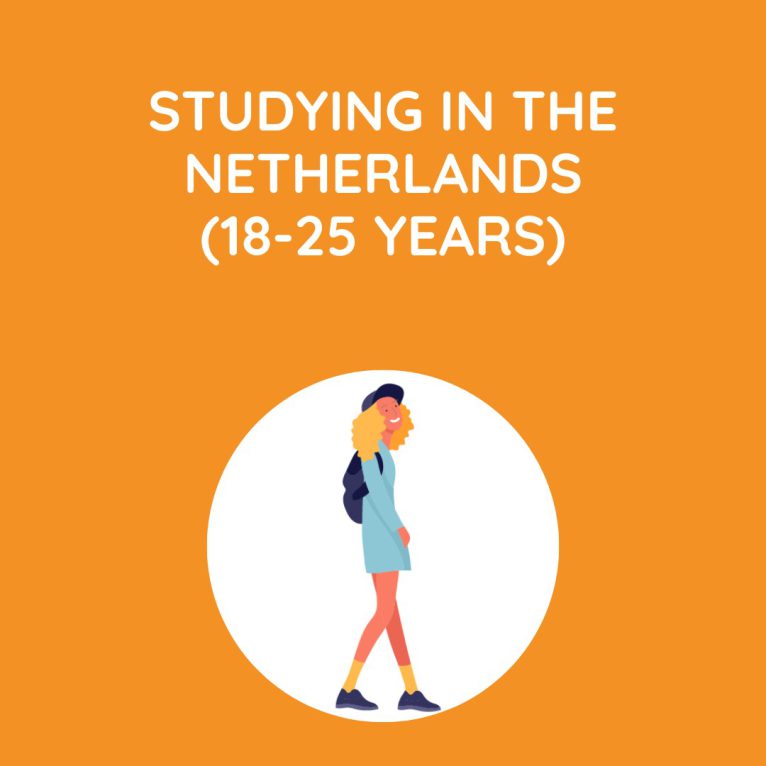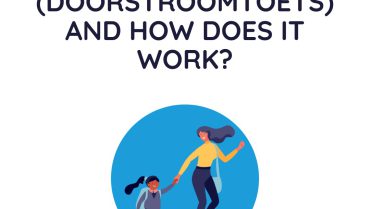Study abroad in the Netherlands has many advantages. There are many possibilities.
You will read it all in the below blog.
Why study in the Netherlands?
- The Dutch higher education system is highly internationally oriented.
- Offers a diverse range of study programs taught in English.
- Dutch universities consistently rank high on global scales (e.g., Times Higher Education and QS World Rankings).
- Tuition fees are notably lower compared to universities with similar rankings in the US.
Study abroad Netherlands high school
In the Netherlands, there are two levels of Higher Education:
1️⃣ Universities of Applied Sciences (HBO) – Higher professional education:
- Comprises about 35 Hogescholen
- Bachelor’s programs: 4 years (B)*
- Master’s programs: 1-2 years (M)*
- Basic admission requirement: secondary school diploma equivalent to the Dutch HAVO.
*Some schools are allowed to grant the student with BSc, BA, or LLB title
2️⃣ Research Universities (WO) – Scientific, research orientated education:
- Comprises 14 universities.
- Bachelor’s programs: 3 years (BSc/Ba, LLB).
- Master’s programs: 1-2 years (MSc/Ma, LLM).
- Basic admission requirement: a secondary school diploma equivalent to the Dutch VWO.
Netherlands study abroad requirements
See below the requirements for the different kind of studies.
Requirements of Universities of Applied Sciences (HBO)
- Requirements For HBO Bachelor program: A secondary school diploma equivalent to the Dutch HAVO.
- Requirements For HBO Master programs: A bachelor’s degree equivalent to a Dutch HBO Bachelor.
Requirements of Research Universities (WO)
- Requirements For WO Bachelor program: A secondary school diploma equivalent to the Dutch VWO (additional grade and subject requirements may apply).
- Requirements For WO Master programs: A Bachelor’s degree equivalent to a Dutch WO Bachelor. Admittance with a HBO Bachelor’s degree is sometimes possible through a ‘Pre Master’ program (varies per university and program).
Netherlands study abroad fees
The costs of studying in the Netherlands vary depending on factors such as the type of program, the university, and your lifestyle. Here are some general aspects to consider:
⭐ Tuition Fees: Tuition fees vary depending on the type of program (Bachelor’s, Master’s, PhD) and the university. For non-European Union (EU) students, tuition fees can range from approximately €6,000 to €20,000 per year. EU/EEA students often have lower tuition fees.
⭐ Living Expenses: Living costs include accommodation, food, transportation, health insurance, study materials, and personal expenses. On average, students might budget around €800 to €1.500 per month. Significant cities like Amsterdam and Utrecht may have higher living costs than smaller towns.
⭐ Accommodation: The rent depends on the type of housing (student dormitory, shared apartment, private studio) and location. On average, monthly rent can range from €400 to €1.000. University-provided accommodation may be available and could affect costs.
⭐ Health Insurance: Health insurance is mandatory for all students in the Netherlands, costing around €130 per month.
⭐ Books and study materials: depends on the program and can range from €300 to €600 per year.
⭐ Transportation: Public transportation costs depend on your location and frequency of use. Students might spend around €50 to €100 per month.
⭐ Visa and Residence Permit: Non-EU/EEA students may need to pay visa or residence permit fees, which amount to €171 for a long-stay visa and €174 for a residence permit.
⭐ Other Miscellaneous Expenses: Additional costs for social activities, phone bills, and personal expenses should also be considered. It’s advisable to check specific details with the university, as these figures are approximate and subject to change. Additionally, currency exchange rates can impact the overall cost for international students. Always refer to the most recent and accurate information from the university and relevant authorities.
Please also read how to get a scholarship to study in the Netherlands? or Cito test Netherlands | What is it? | How does it work?



